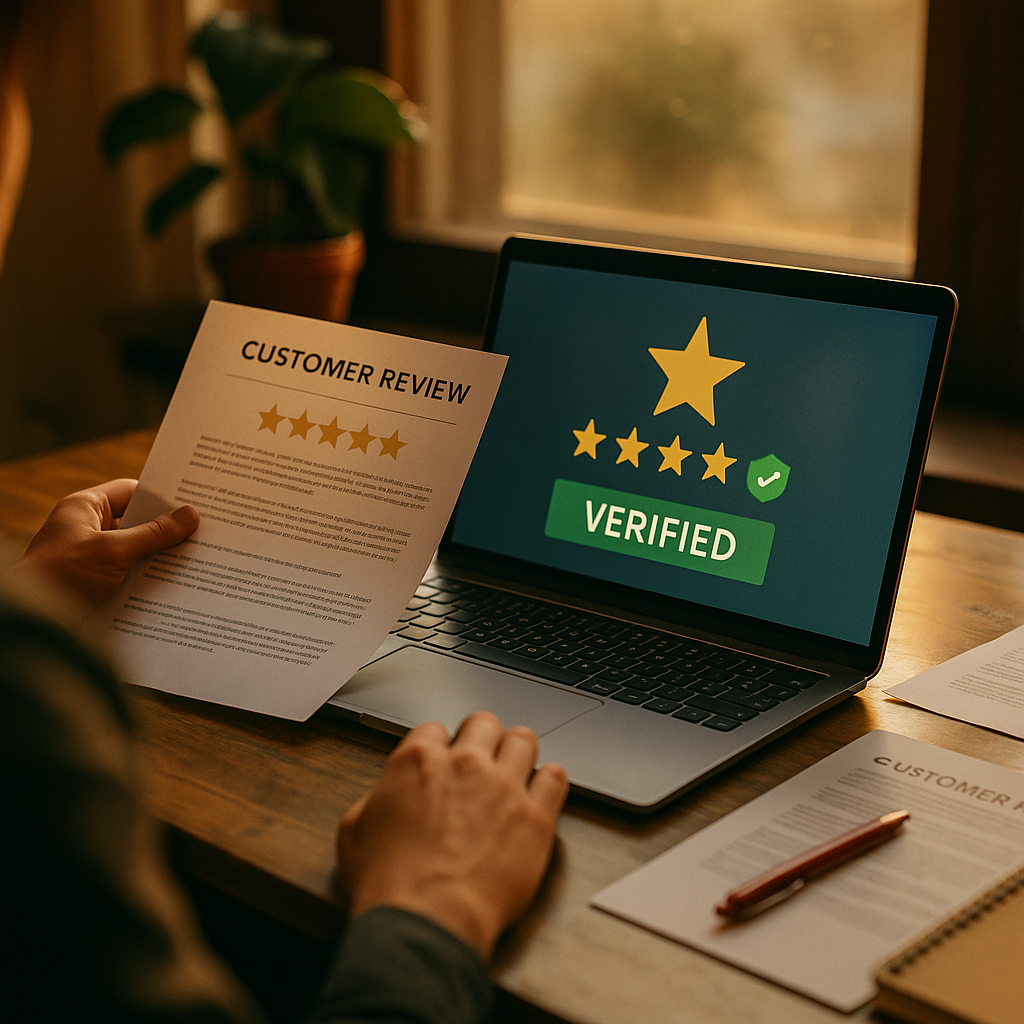Understanding how to comply with customer review platform guidelines is essential for any business seeking to build trust and a strong online reputation in 2025. With platforms like Yelp and Google closely monitoring for authenticity, violating their rules can have lasting consequences. Below, discover practical strategies for maintaining compliance while making the most of these influential review sites.
Understanding Customer Review Platform Guidelines: Key Compliance Points
Every major review platform, including Google and Yelp, enforces specific guidelines to ensure authenticity, fairness, and transparency in online reviews. These rules protect customers and businesses alike from misleading content. To stay compliant:
- No Review Manipulation: Never offer incentives for positive reviews or ask customers to change or remove negative ones.
- Avoid Soliciting Only Positive Reviews: Platforms like Yelp discourage direct solicitation, especially if you only request happy customers to leave feedback.
- Don’t Post Fake Reviews: Posting reviews for your own business or hiring others to do so violates platform rules and risks severe penalties.
- Respect Content Guidelines: Encourage reviewers to be honest and respectful, avoiding personal attacks or irrelevant topics.
Staying well-informed about these evolving guidelines is the first line of defense against costly mistakes. Both Google and Yelp regularly update their policies, so review their official documentation periodically.
Implementing Best Practices for Authentic Customer Reviews
Generating legitimate customer feedback starts by integrating transparent review request processes into your business operations. Use these best practices for encouraging genuine input:
- Timing Matters: Request reviews shortly after a positive interaction, while the experience is fresh, but never during the sales process itself.
- Neutral Requests: Use language that encourages honest feedback—both positive and negative—without suggesting a desired outcome.
- Automated Tools: Consider review management software that complies with APIs and does not filter results. Popular customer relationship management platforms often integrate such features.
- Transparency and Consent: Always obtain explicit permission before using customer details in your requests or responses to their reviews.
These strategies help foster authentic reviews, which platforms value and reward with better visibility.
Managing Reviews Responsibly on Yelp and Google
Managing your business’s reviews should focus on engagement, not manipulation. Responding constructively to reviews, whether positive or negative, signals both integrity and activity to potential customers. Here’s how:
- Respond Promptly: Acknowledge feedback in a timely manner, demonstrating that you value all customer input.
- Remain Professional and Polite: Address concerns calmly and thank reviewers for their perspectives, even when criticism feels unfair.
- Avoid Offering Compensation: Never promise freebies or discounts to resolve negative reviews—work to resolve underlying issues instead.
- Report Problematic Reviews Correctly: If you receive a clearly fake or policy-violating review, use the platform’s official reporting tool instead of public arguments.
This responsible approach to review management not only satisfies platform policies but also builds public trust in your brand.
The Dangers of Violating Online Review Platform Policies
Non-compliance with review guidelines can bring severe consequences. Platforms like Yelp and Google have advanced algorithmic filters and manual teams that detect suspicious patterns. Risks of violation include:
- Review Removal: Paid or otherwise inauthentic reviews are swiftly deleted, eroding your average rating.
- Account Suspension: Repeated or egregious violations can lead to your business profile being suspended or delisted entirely.
- Loss of Consumer Trust: If customers notice suspicious review behavior, your reputation may suffer irreversible damage.
- Legal Penalties: In some jurisdictions, fraudulent reviews can also attract legal action for deceptive marketing practices.
Data from review monitoring firm ReviewMeta in early 2025 found that over 23% of businesses flagged for violations experienced a measurable decline in customer engagement. Following the rules is not just ethical; it’s essential for long-term success.
Staying Updated: Navigating Changing Review Platform Standards
Customer review platforms continually update their policies to counteract emerging threats and maintain review integrity. Businesses must:
- Subscribe to Official Updates: Most platforms maintain blogs, newsletters, or API changelogs—monitor these sources regularly.
- Train Your Team: Equip your staff with the latest compliance training, especially if they communicate directly with customers.
- Leverage Industry Communities: Engage with professional communities and forums where policy changes and enforcement trends are discussed in real-time.
- Audit Your Processes: Regularly review how your business requests, responds to, and monitors reviews to ensure ongoing compliance.
Being proactive about these updates safeguards your brand and prevents accidental missteps that could have otherwise been avoided.
FAQs about Complying with Customer Review Platform Guidelines
-
Is it legal to incentivize customers for reviews?
No. Most major platforms, including Google and Yelp, explicitly prohibit offering incentives for reviews since it biases the feedback. Such actions can result in review removals or even profile suspension.
-
What should I do if I receive a fake negative review?
Use the official flagging or reporting tool provided by the review platform. Provide clear evidence as requested, and wait for the platform’s resolution. Avoid public confrontations in the review thread.
-
Are employees allowed to review their own company?
No. Employee and owner reviews are universally considered conflicts of interest and are strictly forbidden by all reputable review platforms.
-
Can I ask customers for reviews?
Yes, but requests must be neutral. While Google permits review requests, Yelp discourages direct solicitation. Always encourage honest, unbiased feedback rather than seeking only positive reviews.
-
How frequently do review guidelines change?
Review guidelines are updated several times a year, often quietly. Subscribe to official channels and periodically audit your policies to keep pace.
Compliance with customer review platform guidelines protects your business from reputational harm and penalties. By staying informed and transparent, you’ll foster authentic feedback, reinforce trust, and ensure your profile thrives on Yelp, Google, and beyond in 2025 and beyond.
